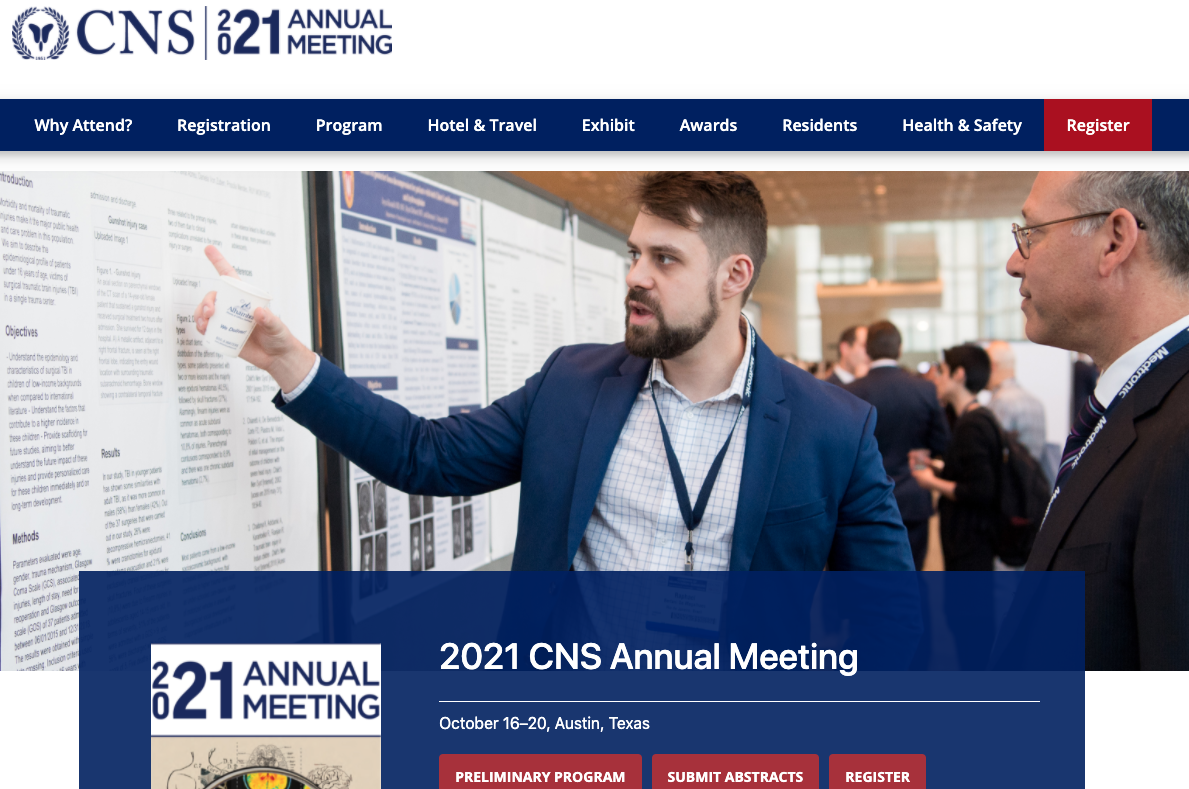X
X
Leaving Community
Are you sure you want to leave this community? Leaving the community will revoke any permissions you have been granted in this community.
No
Yes
X
NIH Meeting on Informatics for Data and Resource Discovery in Addiction Research
NIH Meeting on Informatics for Data and Resource Discovery in Addiction Research
The NIH Meeting on Informatics for Data and Resource Discovery in Addiction Research will be held from July 8 - 9, 2010. It will be held at the Neuroscience Center Building - Conference Room C and D in Rockville, Maryland. For more information, please visit: http://www.seiservices.com/nida/1014080/Addiction research is amassing increasing amounts of complex data, and creating greater numbers and types of research resources, ranging from software tools and chemical reagents to animal models, images, biomarkers, biological and behavioral assays, biomaterial repositories, specialized data sources, and web portals; however, most remain hidden in unstructured or semi-structured sources such as journal articles or web pages centered on particular laboratories, institutions or grants. Concurrently, the broader biomedical research community is developing additional tools and data which also can inform and advance addiction research. With over 1500 different databases, alone, useful to neuroscientists, how do addiction researchers find, query, compare, relate, and employ appropriate data and resources efficiently and effectively? Equally important, how do they collect, report and share their own data and resources to make them interoperable and discoverable beyond a single research paper or web posting? To foster knowledge growth in this complex environment, informaticians are turning to resource registries, data federation, semantic tools and other approaches to enable data and resource discovery and analyses, as well as hypothesis generation and testing.
Who Should Attend: Developers, generators, providers, and users of biomedical and biobehavioral research data and resources at the post-doctoral level and beyond, representing a new cadre of addiction investigators enthusiastic about interconnecting data, knowledge and resources to advance substance abuse research are especially encouraged to attend.
This instructional workshop will address the following:
- Introduction to tools and methods for discovering data and resources available to addiction researchers
- Barriers to data and resource discovery and use
- Application of best practices in structuring, identifying, presenting and reporting data and resources to enhance their discovery and interoperability
- Enabling concept based queries through community adopted vocabularies
- Case studies and lessons to be learned from major efforts in other areas of neuroscience research
- Exciting new approaches for tying together statements made in scientific publications or on the Web to scientific evidence, biological terminologies, and knowledge bases, and to claims and counterclaims made by other researchers.
- Roundtable discussion of discoverability and potential interoperability of data and resources described in “speed-talks” by attendees
\t
\t
\t
\t
\t
\t
\t
X









